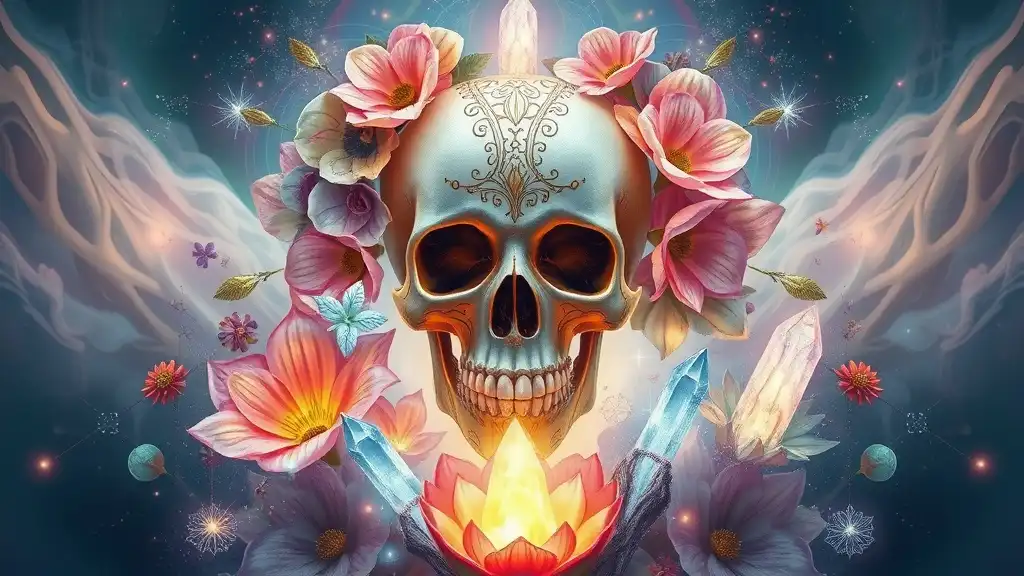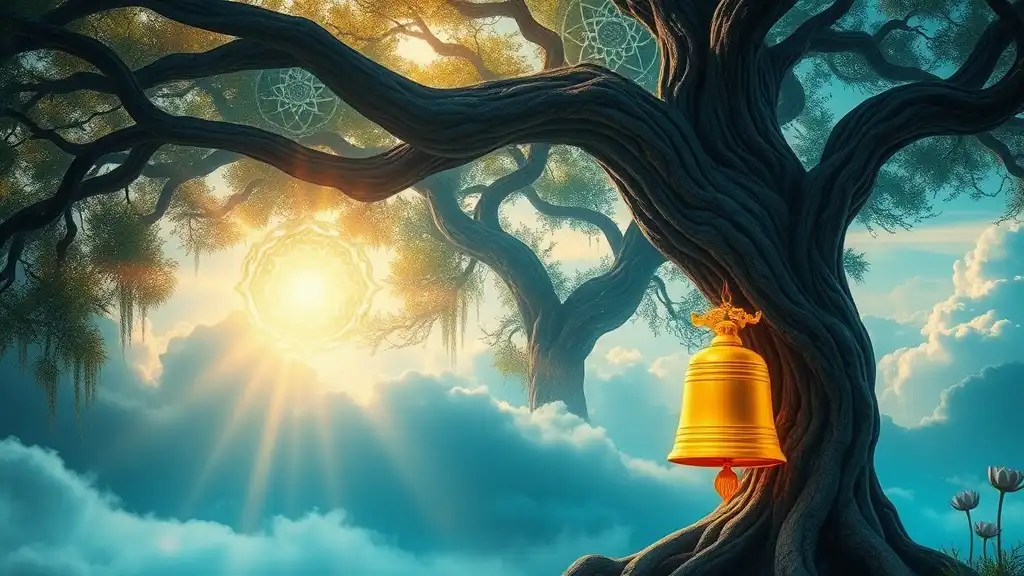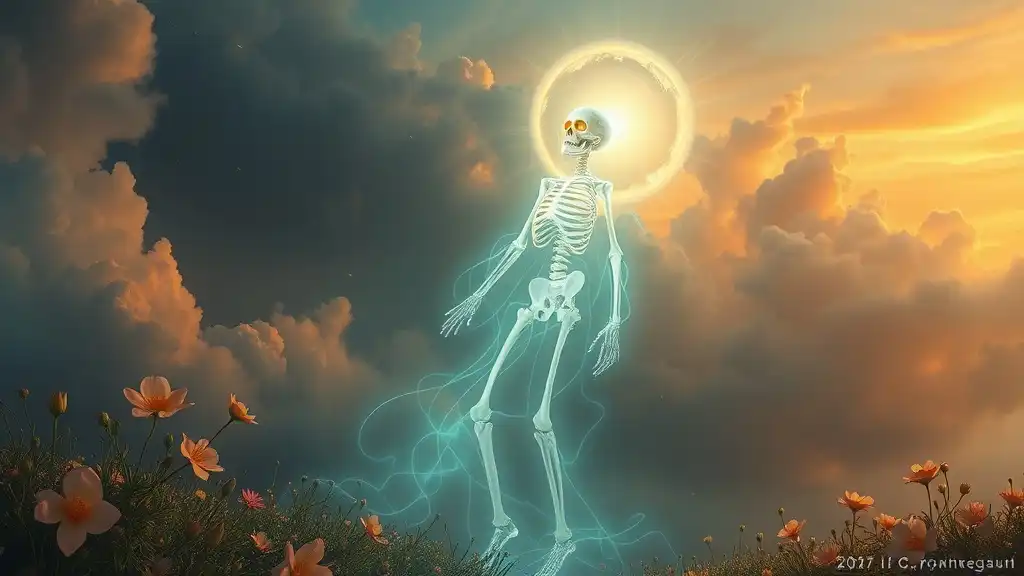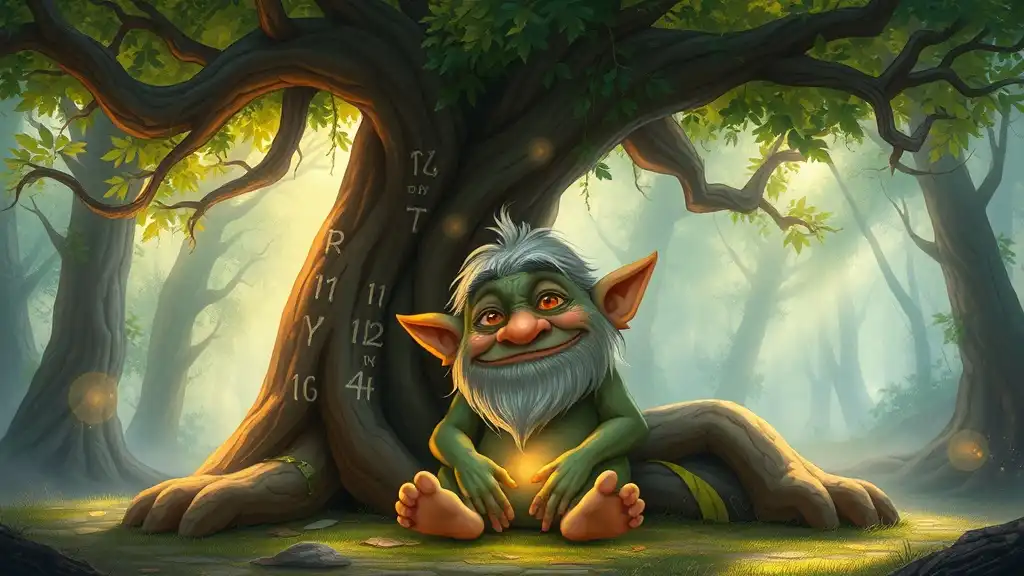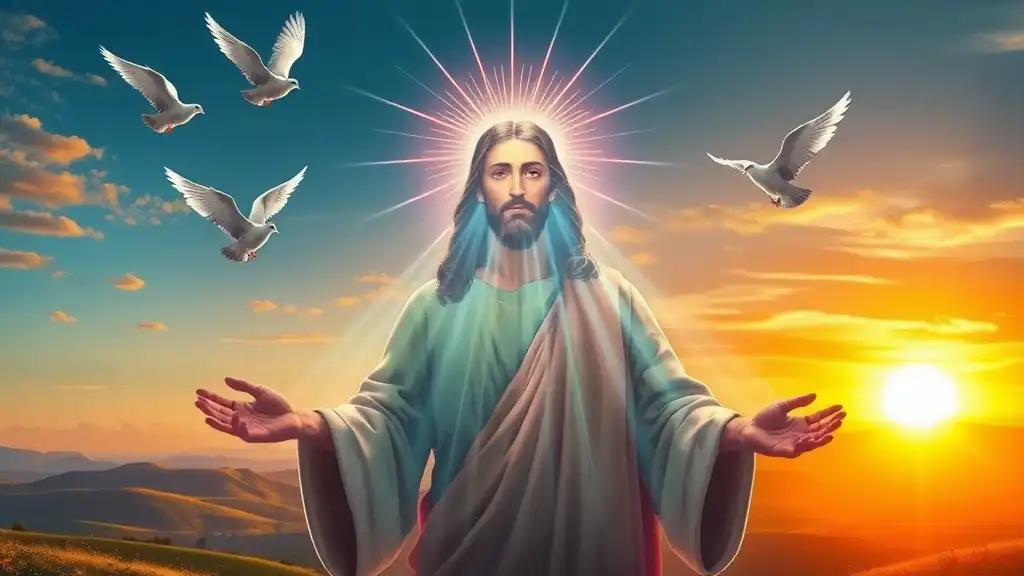Skulls have long fascinated humanity, serving as powerful symbols across various cultures and spiritual realms. They invite contemplation of profound themes such as mortality, transformation, and personal growth. Understanding the spiritual meaning of skulls can help deepen our connection to the cycle of life and death, expanding our consciousness in ways that are both enlightening and empowering.
Historical Context
Skulls in Ancient Cultures
Throughout history, skulls have held significant meaning in many ancient civilizations, particularly in their relations to ancestral veneration. Cultures such as the Aztecs and Mayans revered skulls, often associating them with sacred rituals and death. For these societies, the skull represented more than just a remnant of the deceased; it was seen as a vessel for the soul's journey in the afterlife. The Aztec calendar, for example, featured skull motifs that signified the cyclical nature of existence, where death precedes life, and life is a continuous evolution.
Skulls in Spiritual Traditions
In Eastern philosophies, such as Buddhism and Hinduism, the skull also serves a unique purpose. The symbolic representation of skulls in these traditions often relates to the impermanence of life. In Buddhism, the skull prompts meditation on the transient nature of existence, encouraging practitioners to develop a sense of detachment from material possessions and even life itself. Similarly, Hinduism incorporates skull symbolism in the iconography of deities, challenging followers to confront the idea of rebirth and the eternal cycle of life.

Symbolism of Skulls
Life and Death
The skull is perhaps best known as a representation of mortality. It reminds us of the inevitable end that awaits all living beings. However, this symbolism evokes duality—the recognition that life and death are interconnected. Rather than being seen solely as a representation of death, the skull encourages us to appreciate life for its limitations. In this way, the skull can be a gentle reminder to embrace each moment and live fully, honoring our experiences while acknowledging their impermanence.
Transformation and Rebirth
Beyond mortality, skulls also embody the themes of transformation and rebirth. They evoke the cyclic nature of life, where endings give way to new beginnings. In many spiritual traditions, the process of death represents not just an ending but an opportunity for rebirth. This might be a literal spiritual resurrection or a metaphorical one, where individuals evolve through experiences, ultimately leading to personal growth. Skulls serve as powerful symbols of this transformation, reminding us that every ending can be a stepping stone to a new chapter in our lives.

Skulls in Modern Spiritual Practices
Use in Rituals and Ceremonies
In contemporary spiritual practices, skull symbolism is often woven into rituals and ceremonies designed to honor the deceased or to facilitate personal growth. Shamanic traditions frequently incorporate skulls, utilizing them as tools for guidance and connection to ancestral wisdom. These rituals may involve physical skull representations, such as bones from ancestors, or symbolic images in art and aesthetics. The act of engaging with skull symbols in these contexts encourages practitioners to honor their lineage while embarking on their spiritual journeys.
Skulls in Art and Culture
The modern portrayal of skulls extends far beyond traditional boundaries, finding a home in art, fashion, and popular culture. From tattoo art to clothing, skull imagery captures a blend of rebellion and reverence. During festivals like Halloween and Day of the Dead, skulls take center stage, representing both the macabre and the celebratory aspects of death. Each portrayal tells a story, reflecting personal interpretations of mortality and ancestral connection. By embracing skull imagery, individuals often find ways to process their own emotions surrounding loss, death, and celebration of life.

Meditative and Healing Aspects
Contemplation of Mortality
In the realm of meditation and mindfulness practices, skulls serve as a contemplative tool. Engaging with skull imagery allows individuals to confront their fears surrounding death. This mindful practice can lead to enhanced self-awareness and acceptance. By integrating skull symbolism into meditation, practitioners can reflect on the impermanence of life, fostering an understanding that can soothe anxiety and cultivate a deeper appreciation for the present moment.
Healing Through Letting Go
Another profound aspect of skull symbolism is its ability to facilitate healing through letting go. The skull can represent the shedding of old identities, negative patterns, or past traumas. Engaging with this symbolism may involve visualizations or rituals aimed at releasing burdens that impede personal growth. By embracing the skull as a symbol of release, individuals may find it easier to navigate challenging emotions or transformative experiences, ultimately fostering a sense of renewal.

Personal Connection with Skulls
Understanding Your Relationship with Death
To deepen your spiritual engagement with skulls, consider exploring your personal relationship with death. Journaling can be an effective tool for self-reflection, prompting insights into fears, beliefs, and attitudes toward mortality. By examining personal experiences and societal conditioning surrounding death, you can cultivate a healthier relationship with this natural aspect of existence. Creating personalized rituals that incorporate skull symbols can further enhance this exploration, allowing for a sacred and unique connection to your understanding of life and death.
When to Use Skull Imagery in Spiritual Practices
Knowing when to engage with skull imagery can enrich your spiritual journey. Consider using skull symbols during times of significant transition, such as ending unhealthy relationships, moving to new phases of life, or navigating personal challenges. Integrating skull motifs into prayer or meditation can serve as a powerful reminder of resilience, encouraging you to embrace transformations that await you on your path.
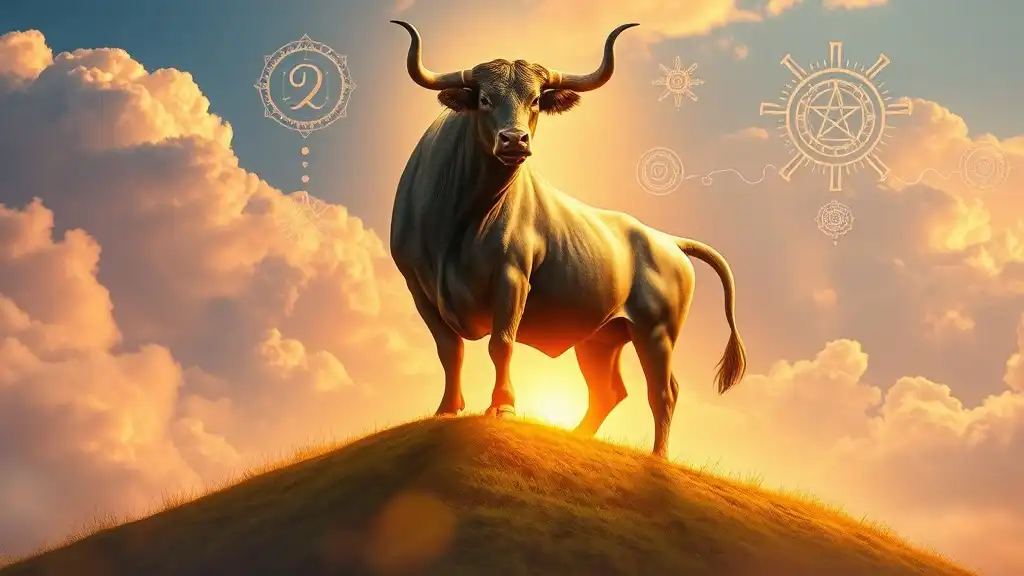
Conclusion
The spiritual significance of skulls transcends mere imagery; they are potent symbols interwoven with themes of life, death, transformation, and healing. By delving into their rich history and cultural meanings, individuals can cultivate a deeper understanding of their own spiritual experiences. As we navigate our paths, let us embrace the wisdom that skulls offer, allowing them to guide us toward profound personal insights and connections with the cycle of existence.

